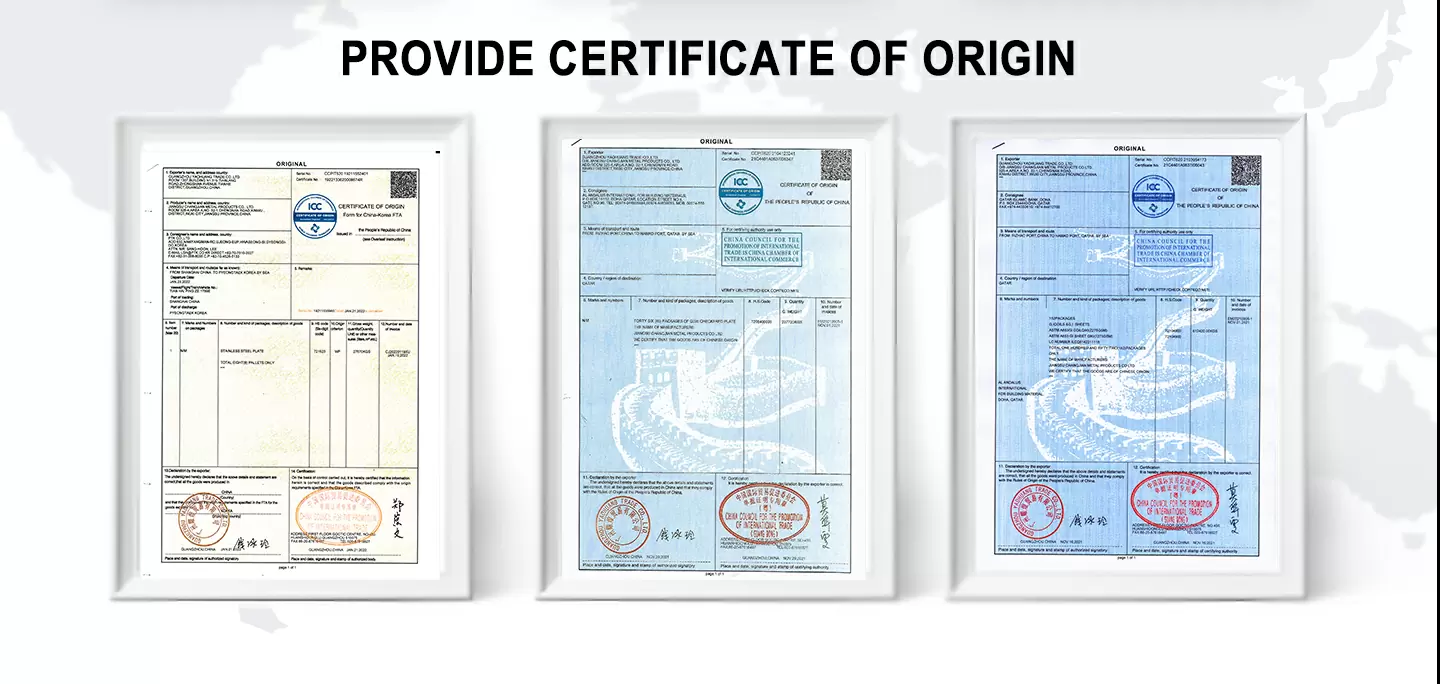products description
| Model NO. | 304 | Surface Treatment | Polished |
| Thickness | 0.3-6mm | Material | 304 304L 316 316L |
| Key Words | Stainless Steel Plate | Width | 1000/1219/1200/1224/1500mm |
| Length | 1000-6000mm | Payment | Tt/LC |
| Price Term | Fob CFR CIF DDU DDP | Surface | No.1, No.4, 2b, Ba, Hairline, Mirror and So on |
| Advantages | Strong Corrosion Resistance, Decorative Effect | Brand | Tisco, Baosteel, Posco, Jisco, Lisco |
| MOQ | 1 Ton | Product Name | Different Types of Stainless Steel Plate |
| Transport Package | Standard Seaworthy Package | Specification | 1220*2440mm |
| Trademark | GAANES STEEL | Origin | Shandong |
| HS Code | 7219340000 | Production Capacity | 50000 Tons/ Month |
Detailed Photos
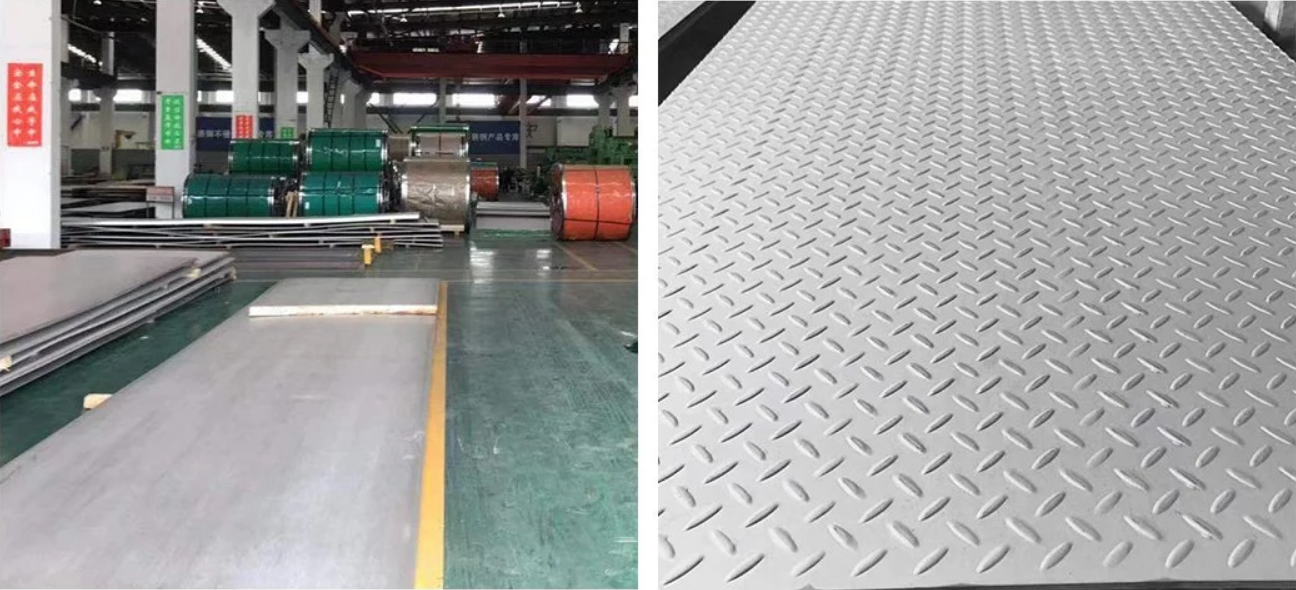

Product Description
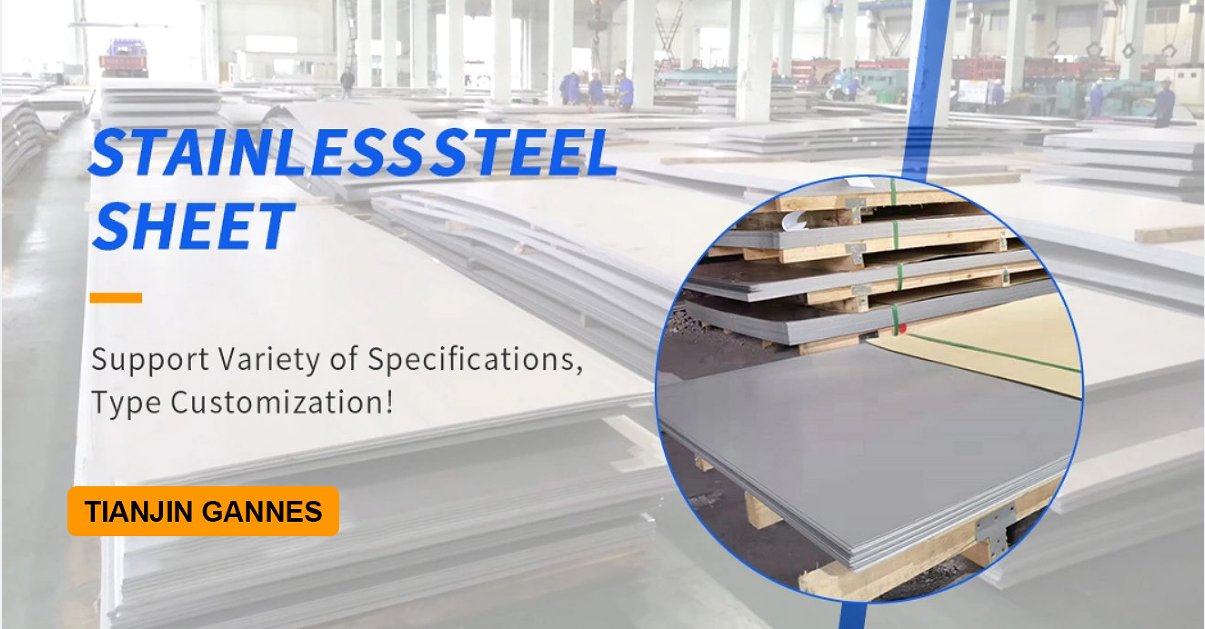
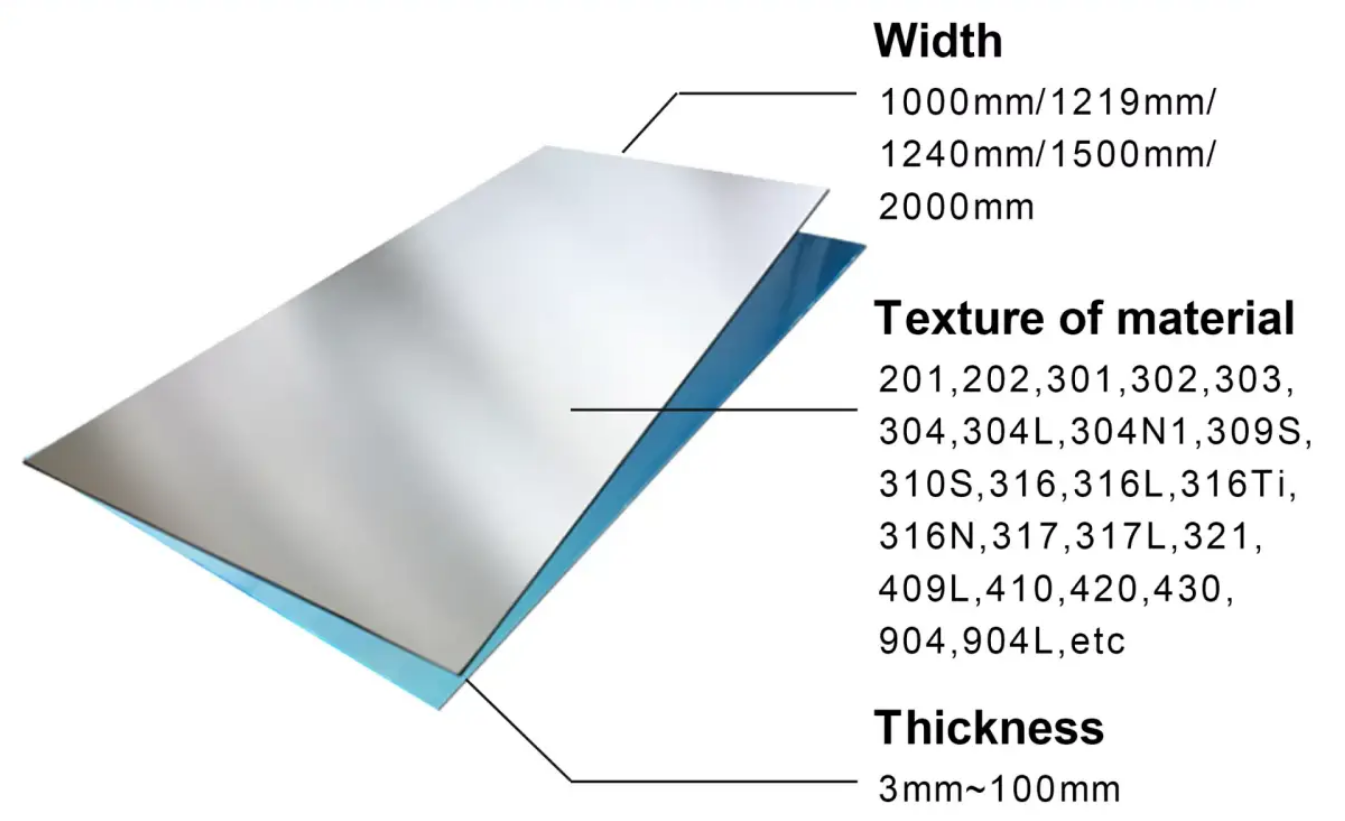
304 steel rust phenomenon reason
Chloride ions are found in many places, such as salt, sweat, sea water, sea wind, soil, and so on. In the presence of chloride ions in the environment of stainless steel, corrosion quickly, even more than ordinary mild steel, chloride ions and alloy elements of Fe form a complex, Fe positive potential reduction, and then oxidized by oxidant to take away electrons. So there are requirements for the use of stainless steel environment, and the need to wipe often, remove dust, keep clean and dry. 316 and 317 stainless steels are molybdenum-containing stainless steels. The molybdenum content of 317 stainless steel is slightly higher than 316 stainless steel. Because 316 stainless steel contains molybdenum, the overall performance of the steel is better than 310 and 304 stainless steel, under high temperature conditions, when the concentration of sulfuric acid is lower than 15% and higher than 85%, 316 stainless steel has a wide range of uses. 316 stainless steel also has good resistance to chloride corrosion, so it is commonly used in Marine environments.Other Products
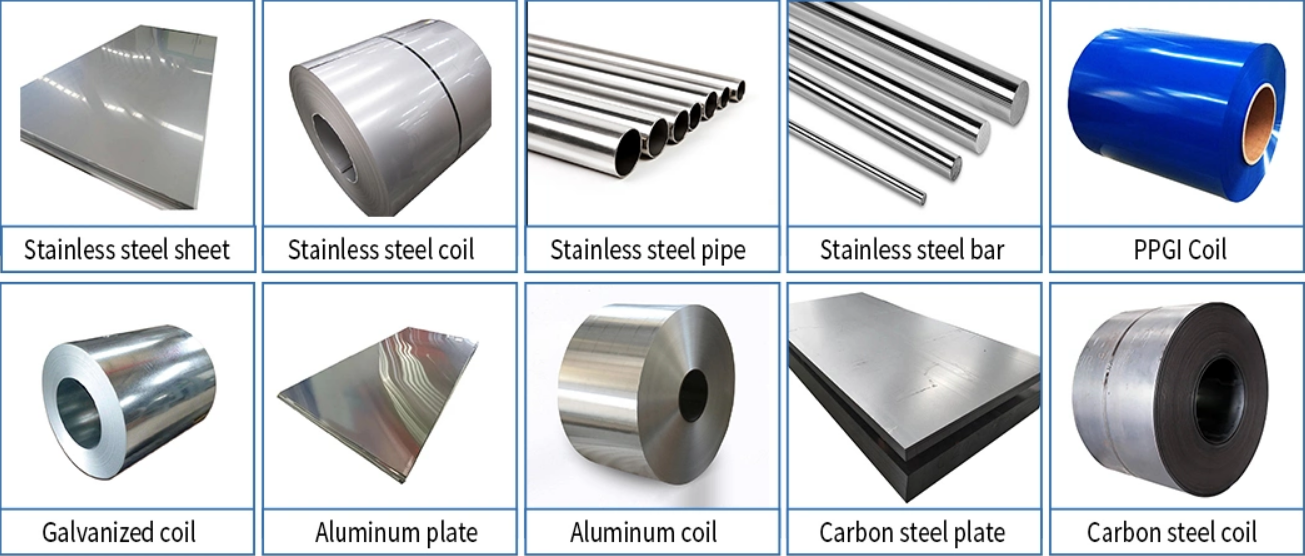
Cooperative partner

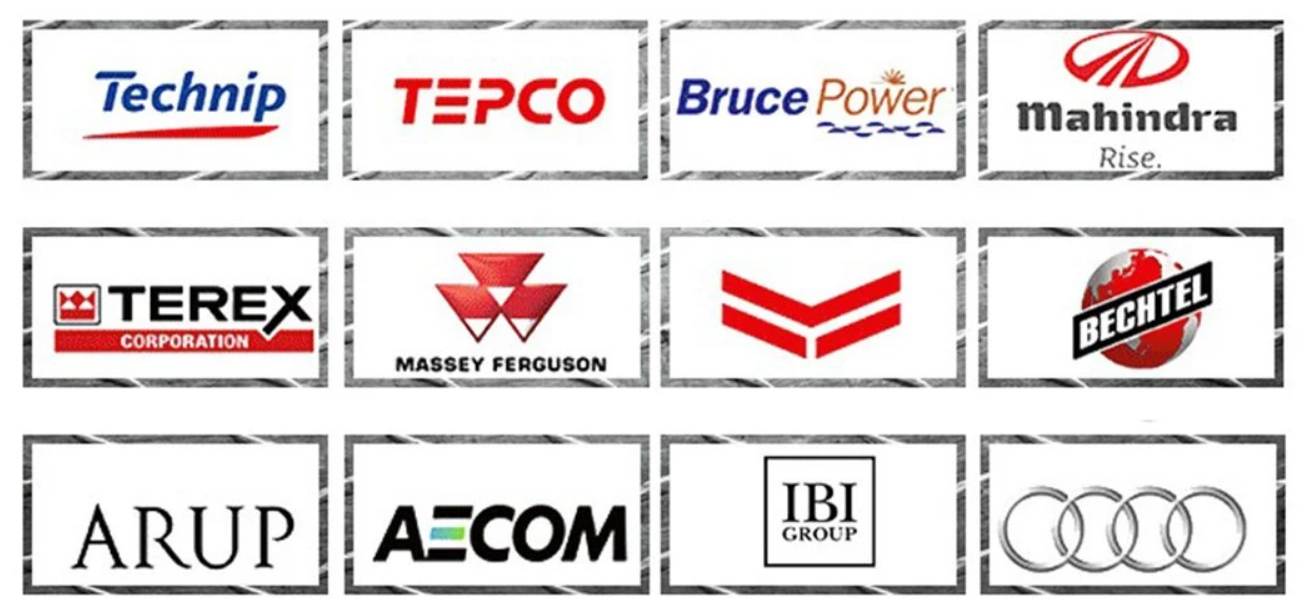
Certifications
